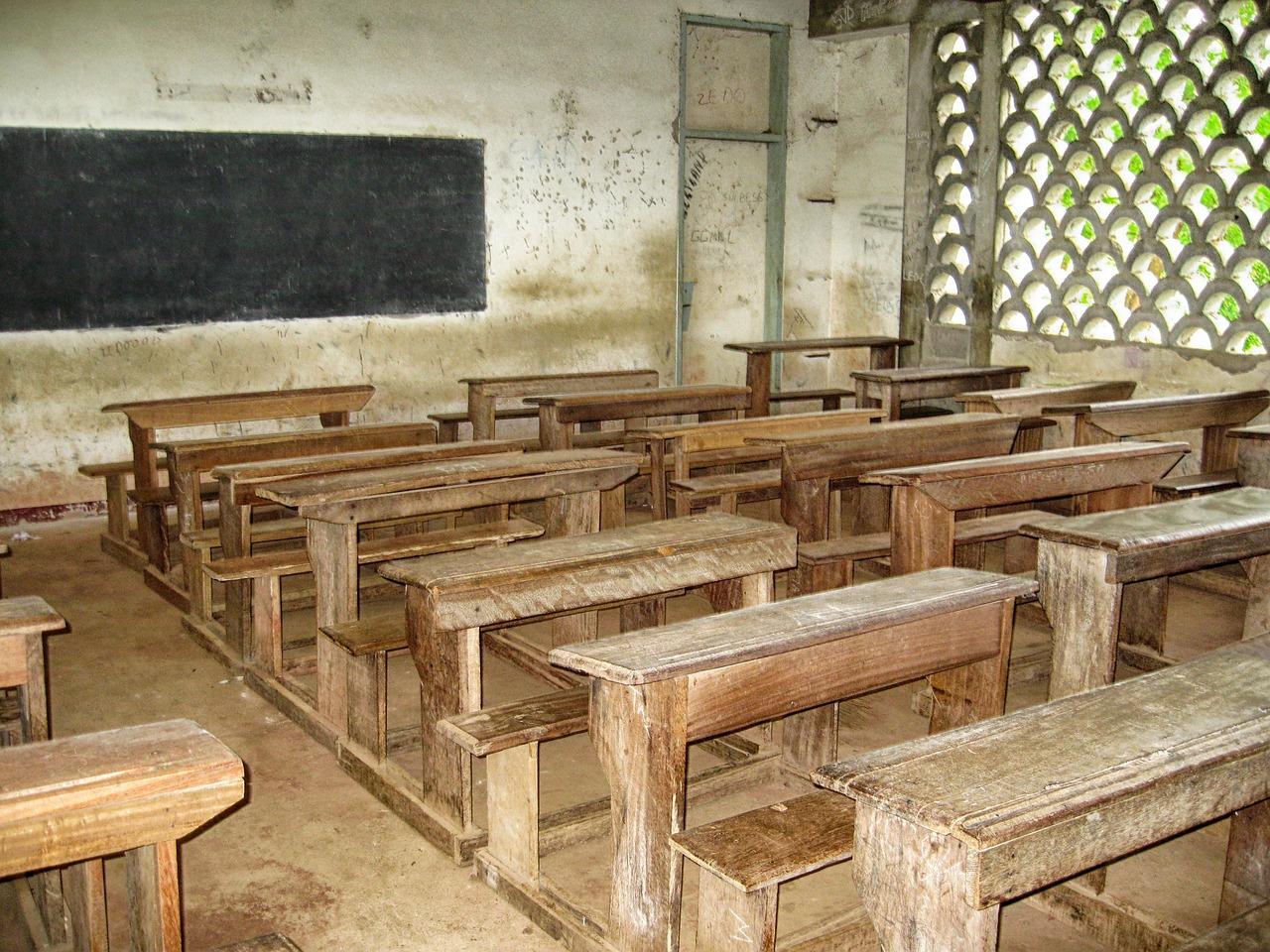YAOUNDÉ, Cameroon – Catholic leaders in Cameroon are set to defy a government plan to reopen the nation’s schools on June 1, after they were closed in response to the COVID-19 coronavirus pandemic.
“In view of the rapid spread of the coronavirus in our country, and our obligation to protect the health of all, we have decided, in concert with the other bishops of the ecclesiastical province, to postpone the school reopening originally planned for June 1st in our three formation houses, to a later date which will be communicated to you in due course,” Archbishop Samuel Kleda of Douala wrote in a May 25 letter to students.
His decision includes all the Catholic schools of the Douala ecclesiastical province, which includes a total of seven dioceses. Douala is Cameroon’s largest city and economic hub.
“We call on you, the students, to remain studious, revising your lessons and carrying out research in view of better preparing for your end-of-course examinations. May the Spirit of the Pentecost protect you in this difficult time,” the archbishop said.
Meanwhile, in the country’s conflict-torn Anglophone regions, schools have been closed for years due to the ongoing secessionist rebellion.
“A school reopening announced by the government is of no use to us here in Kumbo,” said Bishop Andrew Nkuo of the Kumbo in Cameroon’s North West Region.
“For the past four years, schools have been closed here,” he told Crux. “We have tried everything to see that schools reopen, but the security situation has remained ever tense.”
The rebels have insisted that all schools remain closed, and have been enforcing their decree by burning schools and kidnapping teachers and students from any institution that defies them. Rebels have even attacked and killed those trying to keep schools open.
The school boycott is part of a push to break away from the rest of the country and to create a new country called “Ambazonia.”
But the students have paid a heavy price.
According to the UN Children’s Fund, UNICEF, over 80 percent of schools in the English-speaking North-West and South-West regions of Cameroon have been closed, and an estimated 600,000 children are out of school.
UNICEF Spokesperson Toby Fricker says targeting education is “putting the future of an entire generation of children at risk, children who with the right support and opportunities can build a more stable and prosperous future.”
Nkuo agrees.
“It is a crime against humanity to deny our children the right to go to school in the name of a struggle, no matter how legitimate our case may be,” he told Crux.
Teachers pose preconditions for reopening
Meanwhile, teachers in the African country have also protested the June 1 date for school reopening.
“In a May 20 petition addressed to the prime minister, a group of teachers’ trade unions presented a number of preconditions that need to be fulfilled for before students return to the classroom.
“The distribution of [free] face masks and alcohol-based hand sanitizers is the only means to ensure equal protection of all actors in the face of the coronavirus pandemic,” the petition said.
The teachers’ unions also called for the limitation of the number of students per class to 24, the thorough disinfection of school campuses daily; and bonuses for teachers given the increase to their workload.
“The health of teachers, millions of students, as well as their parents seems priceless to us. The unions will mobilize teachers, if need be, to defend themselves if clear measures are not taken to ensure their protected return to school campuses,” the petition said.
It is not clear what the teachers will do if these demands are not met. But Valentine Tameh, National President of the Teachers’ Association of Cameroon, told Crux that all teachers want is to see a safe reopening.
“We want our kids to go to school. We can’t have a blank year, but we also want to make sure that our kids are safe, and our teachers are safe,” he said.













